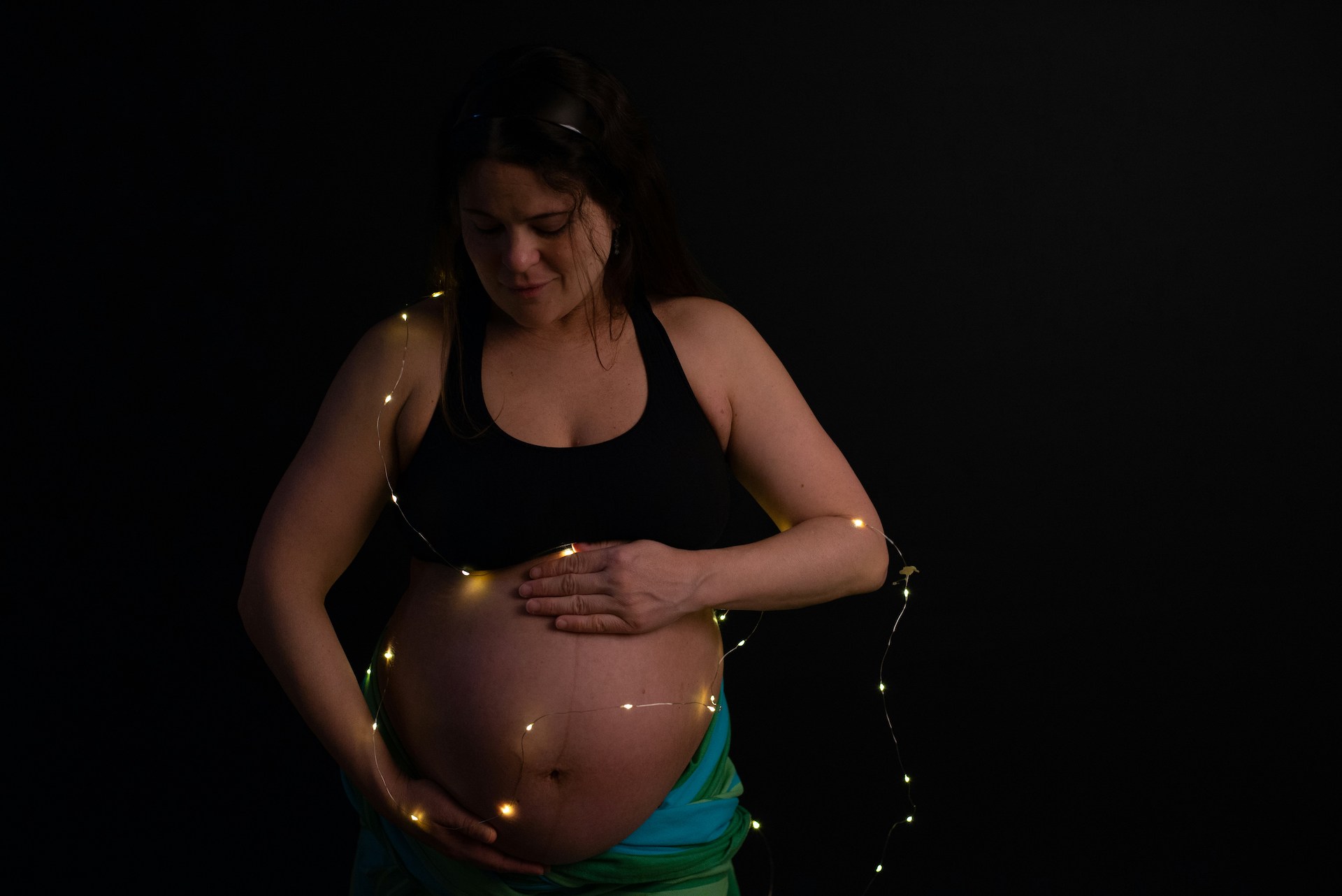Each year, over 300,000 women and gender-diverse people give birth in Australia, and their needs are incredibly varied. While Australian
maternity care excels at providing physical health services, there’s growing recognition that it often falls short when it comes to addressing emotional and social needs. Rising rates of birth trauma and psychological distress point to a gap in the system, highlighting the importance of more comprehensive care.
One approach that has been gaining attention is continuity of care, where women receive care from the same professional, typically a midwife, throughout their pregnancy and childbirth. This model fosters trust and emotional support, helping women feel more seen, heard, and empowered. Research has shown that continuity of care improves safety and overall satisfaction, and it’s particularly beneficial for vulnerable groups like women with a history of trauma or gender-diverse individuals who feel uncomfortable having to repeatedly explain their identity.
Subscribe for FREE to the HealthTimes magazine
For Aboriginal and Torres Strait Islander women,
Birthing on Country, which combines continuity of care with cultural support, is a highly valued model. Similarly, culturally and linguistically diverse women often require interpreters to ensure they can fully understand and participate in decisions about their care. Women in rural and remote areas also stress the need for more choices and services closer to home, as many local facilities don’t offer the types of care they prefer.
Although midwifery continuity of care has been shown to benefit both women and babies, access to this model remains limited, especially in rural and remote areas. To address this, the system needs to be reformed to make continuity of care more accessible and sustainable. This involves funding and supporting local care models, improving midwifery staffing levels, and removing regulatory barriers that prevent midwives from providing the care they’re trained to give.
The evidence is clear: women want maternity care that respects their emotional, physical, and cultural needs. The challenge now is for Australia’s healthcare system to adapt and ensure that all women and gender-diverse people have access to the kind of care that empowers them to feel safe, supported, and heard throughout their maternity journey.













